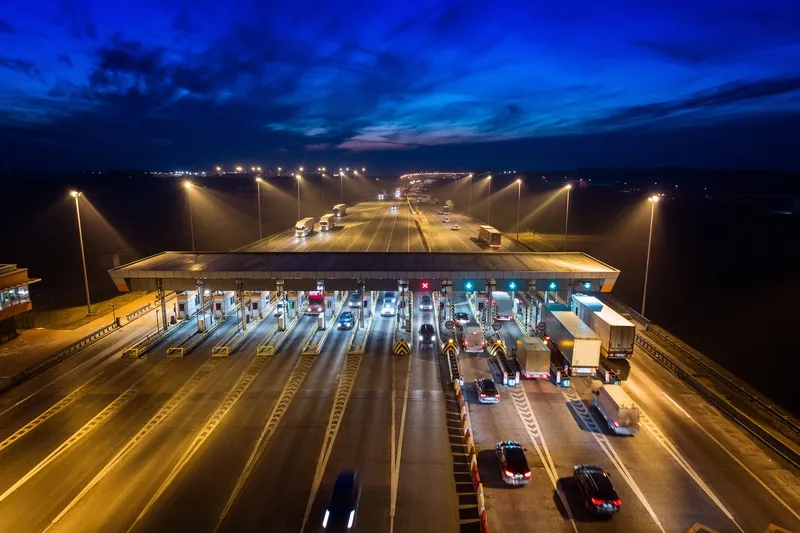
European tolling organisation Asecap has emphasised the need to make road transport greener in its 2024 Sustainability Report.
"More than ever today, there is a need to invest in the decarbonisation of transport, which will only be effective if road transport is decarbonised," says Asecap president Julián Núñez in his introduction to the report.
Mitigating the effects of climate change will be impossible "without fast road transport decarbonisation", he adds.
The organisation is committed to the 'user pays' principle as "the best currently-available asset to combine the financing of new investments and the
internalisation of the polluter-pays principle".
"Toll roads should be seen as one of the solutions for financing the ecological transition of road transport and mobility. Indeed, tolls may finance the ecological transition by providing improved and safer infrastructure, adaptation to cleaner vehicles and internalisation of the negative externalities of road transport," Núñez continues.
"Financing better, safer and greener road transport and combating climate change will not happen without including tolls in this transition. Indeed, the toll and concession road sectors are willing to build a positive agenda and start implementing key measures to contribute to the decarbonisation of road transport."
Asecap wants the inclusion of road tolls and ITS in the EU’s Taxonomy Regulation and also calls on policymakers to leverage tolls as a direct financing tool for greener road infrastructure "and to expedite the green transition of road transport, aiming for carbon neutrality by 2050".
Meanwhile, the Asecap Days 2025 registration website is now open: click here for details.










